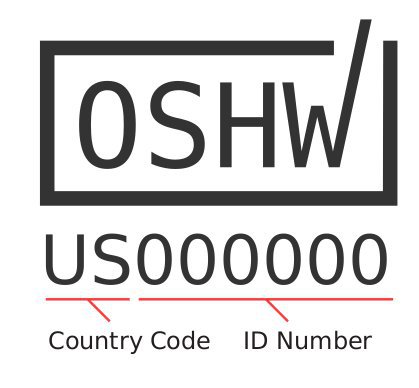This post originally appeared on opensource.com
In this article, and hopefully more to come, I will share interesting examples of hardware that has been certified by the Open Source Hardware Association (OSHWA).
As an introduction to this series, I’ll start with a little background.
What is open source hardware?
Open source hardware is hardware that is, well, open source. The Open Source Hardware Association maintains a formal definition of open source hardware, but fundamentally, open source hardware is about two types of freedom. The first is freedom of information: Does a user have the information required to understand, replicate, and build upon the hardware? The second is freedom from legal barriers: Will legal barriers (such as intellectual property rights) prevent a user who is trying to understand, replicate, and build upon the hardware from doing so? True open source hardware is open to everyone to do with as they see fit.
What is the Open Source Hardware Association?
The Open Source Hardware Association is the umbrella organization for the open source hardware community. In addition to hosting the formal definition (mentioned above), OSHWA puts on the annual Open Hardware Summit and maintains the Open Source Hardware Certification Program.
What is the Open Source Hardware Certification Program?
“Open source hardware” can mean different things to different people. The Certification Program makes it easy to identify hardware that fully complies with the community definition of open source hardware. Certification is free, and hardware that has been certified is allowed to use the OSHW certification logo and a unique identifier assigned by OSHWA. The certification process makes it easy to be sure that you have provided all of the information needed for someone else to make use of your hardware and removed any legal barriers to use it.
Show me the hardware! A searchable list
Take a look at the entire list of certified projects. In this post, I’ll share two of my favorites.
A conference badge
The first is the badge for the 2018 Open Hardware Summit. The Summit always has great badges, and last year they were fully open sourced and certified (UID: US000133). The badges have an ESP32 micro-controller with built-in WiFi and E-Paper displays for the wearer’s name (or any other information, as the text can be customized and updated via a web app), and they are powered by two AA batteries.
The badge is a good example of how Open Source Hardware Certification handles third-party components. The ESP32 and the WiFi chip are not open source. However, that is not necessarily a barrier to certification. Certification requires the creator to open source what is known as the “creator’s contribution.” In other words, the creators need to open source all the elements they are responsible for and have the ability to openly license. Non-open components are allowed as long as they are documented and freely available without having to sign a non-disclosure agreement (NDA).
A business card holder
The second is a concrete business card holder. Besides its elegance, it is an important reminder that open source hardware is more than things that need batteries and soldering. The world of open source hardware is incredibly broad and should not be thought of only in the context of electronics (although there are plenty of open source electronics). The documentation for the holder includes tips on how to 3D-print the mold and how to pour and finish the concrete. Complete documentation is a great thing!
Hopefully, this has given you a small taste of things to come. In the coming months, the open source hardware roundup will highlight the broad range of certified open source hardware. Want to be included? If you want your hardware to be featured in an upcoming roundup, the first step is to get certified!
